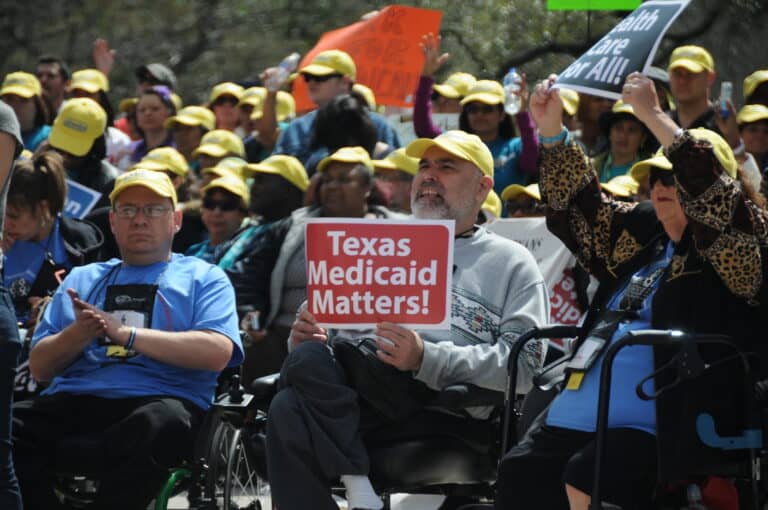
Benjamin Sachs is the Kestnbaum Professor of Labor and Industry at Harvard Law School and a leading expert in the field of labor law and labor relations. He is also faculty director of the Center for Labor and a Just Economy. Professor Sachs teaches courses in labor law, employment law, and law and social change, and his writing focuses on union organizing and unions in American politics. Prior to joining the Harvard faculty in 2008, Professor Sachs was the Joseph Goldstein Fellow at Yale Law School. From 2002-2006, he served as Assistant General Counsel of the Service Employees International Union (SEIU) in Washington, D.C. Professor Sachs graduated from Yale Law School in 1998, and served as a judicial law clerk to the Honorable Stephen Reinhardt of the United States Court of Appeals for the Ninth Circuit. His writing has appeared in the Harvard Law Review, the Yale Law Journal, the Columbia Law Review, the New York Times and elsewhere. Professor Sachs received the Yale Law School teaching award in 2007 and in 2013 received the Sacks-Freund Award for Teaching Excellence at Harvard Law School. He can be reached at [email protected].
In Janus, the Supreme Court held that agency fees amount to compelled speech that violates the First Amendment. As I’ve explained, the underlying premise of this theory is that agency fees are employees’ money that employees pay to a union. Because the fees belong to employees in the first place – because they come out of employees’ wages – if a state requires an employee to pay a fee to a union, the state is compelling the employee to spend her money on something she disagrees with in contravention of the First Amendment. This theory – the theory on which Janus is based – therefore depends on rejecting the idea that agency fees are actually state money paid by the state to the union. If the fees were state money – that simply flowed through employee paychecks on the way from the government to the union – then there could be no colorable argument that the employees were compelled to do or say or fund anything.
But now, in a display of profound (if unsurprising) hypocrisy, the Trump administration is trying to have it both ways. In the context of independent homecare providers – homecare workers who provide care to individuals in the individual’s home – agency fees have worked the same way they work in other contexts: the state pays the worker (with Medicaid funds) and then the worker pays the union a small percentage of this income in the form of an agency fee. Under the holding of Janus, therefore, agency fees in the homecare setting would be treated like agency fees anywhere: as payments of employee property made by the employee to the union.
Since the Court’s holding in Harris v. Quinn, of course, mandatory agency fees have been impermissible in the homecare setting, so unions are collecting only voluntary dues paid through traditional check-off mechanisms. If fees which a public sector employee must pay to the union are to be treated as the employee’s property, then dues which a public sector employee voluntarily pays to a union must even more assuredly be treated as the employee’s property. This is the obvious logic of Janus.
In a new proposed rule, however, the Center for Medicaid & Medicare Services (CMS) would prevent homecare workers from paying dues to their union on the theory that the dues are, in fact, state money! And because, under the Medicaid statute, state medicaid funds cannot be paid by the state to anyone other than the person providing the service, CMS contends that union dues in the homecare context amount to state Medicaid funds being paid by the state to the union.
Notice: the only way there could be a Medicaid problem with dues payments by homecare workers is if we treat the money that becomes dues as the state’s money. But this we cannot do. The holding of Janus (and Harris for that matter) requires that we treat dues as employee property that employees pay to the union. If we were to treat dues payments as state money paid by the state to the union, then Janus and Harris would be wrong and there would be no constitutional problem with agency fees in the public sector. Sadly, we know that is not the law.
I could put the point more directly. Janus holds that agency fees are compelled speech. This depends on a determination that money that flow from states through employee paychecks to unions is employee property; that once state money is paid to the employee, it becomes the employee’s property, even if the employee is required to turn some of that property over to the union. Janus therefore dictates that when a state pays Medicaid funds to a homecare worker, and then the worker pays some portion of that money to a union, it is the worker making a payment to the union not the state making a payment to the union. There is accordingly, under the Supreme Court’s rule in Janus, no Medicaid problem with dues check off in the homecare setting.
That makes the proposed CMS rule arbitrary and capricious.








Daily News & Commentary
Start your day with our roundup of the latest labor developments. See all
February 20
An analysis of the Board's decisions since regaining a quorum; 5th Circuit dissent criticizes Wright Line, Thryv.
February 19
Union membership increases slightly; Washington farmworker bill fails to make it out of committee; and unions in Argentina are on strike protesting President Milei’s labor reform bill.
February 18
A ruling against forced labor in CO prisons; business coalition lacks standing to challenge captive audience ban; labor unions to participate in rent strike in MN
February 17
San Francisco teachers’ strike ends; EEOC releases new guidance on telework; NFL must litigate discrimination and retaliation claims.
February 16
BLS releases jobs data; ILO hosts conference on child labor.
February 15
The Office of Personnel Management directs federal agencies to terminate their collective bargaining agreements, and Indian farmworkers engage in a one-day strike to protest a trade deal with the United States.